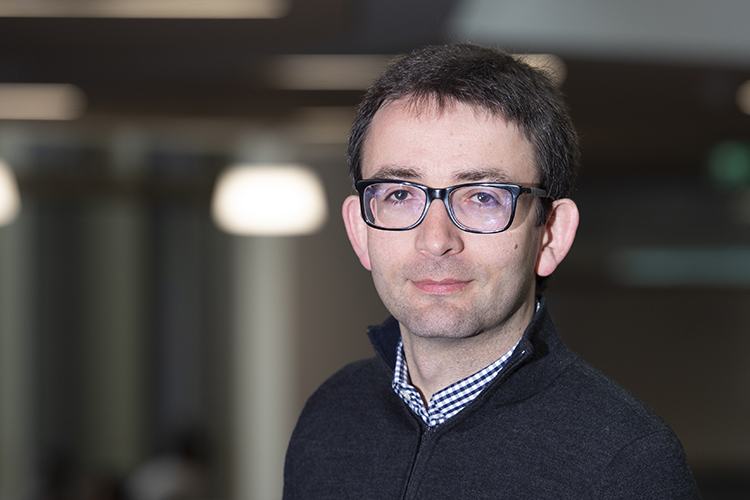Research by Dr Christian Siegel from the School of Economics has found that labour market polarisation caused by the decline of traditional middle-income jobs relative to low- and high-income jobs started as early as the 1950s.
The loss of middle-income manufacturing jobs, as witnessed in the US and most Western European countries, has usually been attributed to the rise of computers and software systems in the 1980s.
This is because computers allowed repetitive tasks to be automated, causing the loss of many manufacturing jobs such as in the automobile industry, but they complemented high-end service jobs, thereby increasing the demand for jobs in areas like banking or law.
However, Dr Siegel’s research examined US census data between 1950 and 2007 to assess types of employment and average salaries and found the trend for wage inequality started as far back as the 1950s.
The research attributes this to the major structural economic changes that occurred at this time, as the service economy within the US began to evolve.
This reduced the number of middle-income jobs available, and meant more workers ended up in either low-income or high-income employment as there were not as many middle-income jobs available.
This meant high-income jobs, as well as low-income jobs, grew at a faster rate, in terms of wages and employment opportunities,compared to middle-income jobs. This trend was then amplified by the arrival of IT systems in the 1980s, rather than caused by it.
The findings could have an impact on how governments tackle the growing issue of wage inequality as it suggests that one of the causes of rising wage inequality is the decline of manufacturing relative to services.
Since this structural change is inevitably linked to economic growth, reverting it would be very costly and lower average incomes. A better way to address challenges from rising inequality would be redistributive policies.
The paper, titled Job Polarization and Structural Change will be published in the American Economic Journal: Macroeconomics, and was co-authored with Dr Zsofia Barany at Sciences Po.
Article by Dan Worth, University of Kent Press Office

